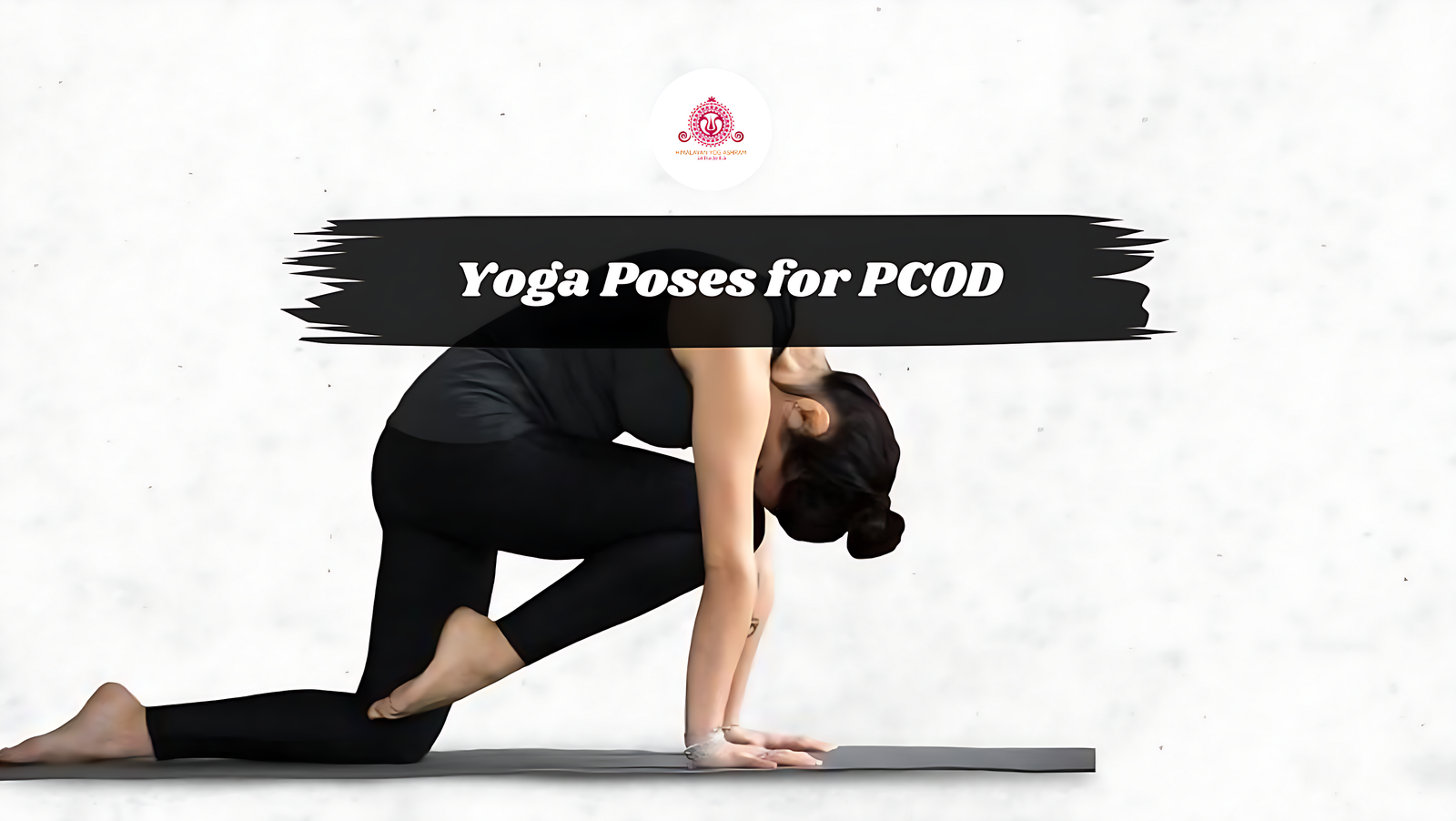Pregnancy is a transformation journey that brings profound changes to a woman’s body and mind. Regular yoga practice during this period can be immensely beneficial, providing both physical and emotional support. Prenatal yoga is a specialized practice designed to address the unique needs of pregnant women, offering a gentle and holistic approach to wellness.
Physical Benefits of Prenatal Yoga
Alleviation of Common Discomforts:
Nausea: Many pregnant women experience nausea, especially during the first trimester. Gentle yoga poses can help alleviate this discomfort by improving digestion and promoting relaxation.
Back Pain: As the baby grows, the additional weight can cause back pain. Prenatal yoga strengthens the muscles supporting the spine, helping to alleviate pain and improve posture.
Cramps: Leg cramps are common during pregnancy due to increased pressure on the blood vessels and nerves. Yoga improves blood circulation, reducing the occurrence of cramps.
Preparation for Childbirth:
Strengthening the Body: Prenatal yoga focuses on poses that strengthen the muscles used during childbirth, particularly those in the pelvis and perineum. This preparation can make labor easier and reduce the risk of complications.
Flexibility and Endurance: Regular yoga practice increases flexibility and endurance, both of which are essential for a smoother delivery process.

Breath Awareness: Breathing exercises are a core component of yoga. Learning to control and deepen the breath helps increase oxygen flow to both the mother and baby. This can be particularly beneficial during labor, helping the mother stay calm and focused.
Improved Circulation and Reduced Swelling:
Enhanced Blood Flow: Yoga promotes better circulation, which can help reduce swelling in the legs and feet—a common issue during pregnancy.
Better Sleep:
Relaxation Techniques: The relaxation techniques learned in yoga can help pregnant women sleep better by reducing stress and promoting a sense of calm.
Emotional and Mental Benefits
Stress Reduction:
Mindfulness and Meditation: Prenatal yoga often includes mindfulness and meditation practices. These can help reduce anxiety and stress, promoting a sense of well-being.
Emotional Balance: The hormonal changes during pregnancy can lead to mood swings. Yoga helps in balancing emotions by calming the nervous system.
Connection with the Baby:
Bonding Time: Yoga provides a dedicated time for the mother to connect with her baby, fostering a deeper bond even before birth.
Preparation for Motherhood:
Mental resilience: cultivated through regular yoga practice, is crucial for preparing a mother for the challenges of motherhood. At a yoga school in Rishikesh, this resilience is developed by teaching patience, perseverance, and the ability to stay present in the moment. The nurturing environment of a yoga school in Rishikesh helps expectant mothers build the mental discipline needed for a calm and mindful journey into motherhood.
Key Practices in Prenatal Yoga
Gentle Yoga Poses:
Focus on poses that strengthen and stretch without causing strain. These may include cat-cow stretches, pelvic tilts, and modified squats. It’s essential to avoid poses that require lying flat on the back or putting excessive pressure on the abdomen.
Breathing Exercises:
Deep Breathing: Techniques such as diaphragmatic breathing help increase oxygen intake and promote relaxation.
Breath Awareness: Being aware of the breath helps in managing stress and can be a useful tool during labor.
Meditation and Mindfulness:
Staying Present: Practices that encourage staying in the moment can help reduce mental turmoil and prepare the mother for both childbirth and the demands of motherhood.

Pelvic Floor Exercises:
Strengthening the Pelvic Floor: These exercises are crucial for preparing the birth canal and supporting the pelvic organs during and after pregnancy.
Recommendations for a Safe Practice
Consult with Healthcare Providers:
Before starting any new exercise routine, it’s essential to consult with a healthcare provider to ensure that it’s safe for the individual pregnancy.
Qualified Instructors:
Practicing under the guidance of a qualified prenatal yoga instructor ensures that the exercises are done correctly and safely.
Listening to the Body:
Pregnant women should always listen to their bodies and avoid pushing themselves too hard. If any discomfort or pain occurs, it’s important to stop and consult a healthcare provider.
Hydration and Nutrition:
Staying hydrated and maintaining proper nutrition are crucial during pregnancy and can enhance the benefits of yoga practice.
Case Studies and Testimonials
Many women have shared their positive experiences with prenatal yoga. Here are a few testimonials:
Sarah’s Story:
Sarah found that regular yoga practice helped her manage her back pain and stay calm during her pregnancy. She credits yoga with giving her the strength and confidence to have a natural childbirth.

Emma’s Experience:
Emma struggled with anxiety during her pregnancy. Prenatal yoga helped her manage her stress levels and feel more connected to her baby. She felt that the breathing exercises were particularly beneficial during labor.
Lena’s Journey:
Lena had a high-risk pregnancy and was advised to take it easy. She found that gentle prenatal yoga provided her with a way to stay active and manage her physical discomforts without overexerting herself.
Conclusion
Prenatal yoga, a powerful tool for promoting physical, emotional, and mental well-being during pregnancy, is an essential component of a comprehensive 200-hour yoga teacher training in Rishikesh. This training not only prepares the body for childbirth but also alleviates common pregnancy discomforts and fosters a deep connection between mother and baby. With its holistic approach, the 200-hour yoga teacher training in Rishikesh equips expectant mothers with the skills and resilience needed for a healthy pregnancy, a smoother childbirth experience, and a more mindful journey into motherhood.
By practicing at least twice a week, pregnant women can enjoy these benefits and navigate their pregnancy with greater ease and joy. Whether you are new to yoga or an experienced practitioner, prenatal yoga offers a supportive and nurturing environment to embrace the transformative journey of pregnancy.






